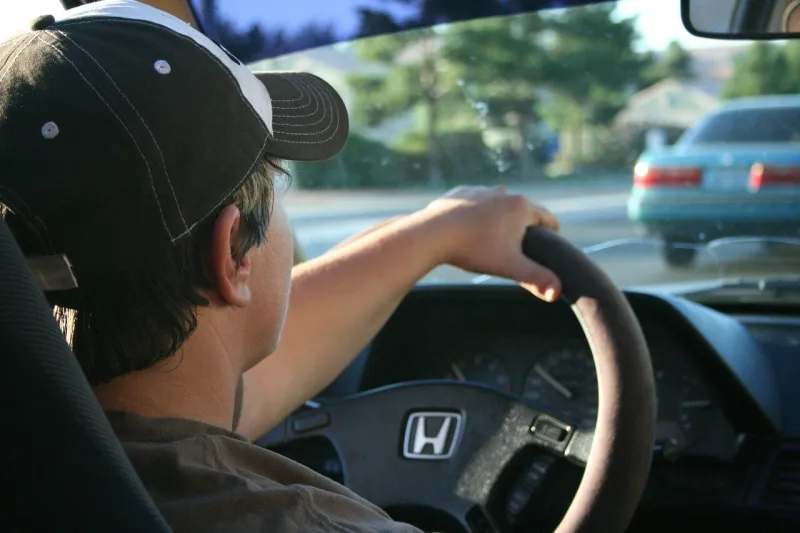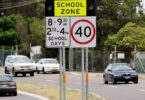Young drivers have a 30 per cent greater risk of crashing in their first year if they drive their own car compared to those who borrow the family car, an extensive study of NSW young drivers has found.
And even seven years after getting their licences, these drivers still had a 10 per cent greater risk of crashing than the young people driving the family car, the research showed.
It was a similar story with crashes resulting in hospitalisations or death. Those who had their own car were 2.7 times more likely to be involved in such crashes in the first year following licensing, and they were still at 50 per cent increased risk at the three-year mark compared to those who shared the family car.
The multi-institutional study, published recently in the journal Accident Analysis and Prevention, included researchers from UNSW Sydney, The George Institute and the University of Western Australia. The study looked at the crash data of more than 20,000 drivers in NSW who consented to having their driving records made available via police and hospitals. The drivers were aged 17 to 24 and on their red P-plates in 2002 and 2003, and were followed up by researchers at two years and 13 years after getting their licences.
Study co-author Professor Rebecca Ivers says if there was one key learning from the study for concerned parents, it’s “don’t buy your kids a car and give them unlimited access to it”.
“The first 12 months after licensing is the most dangerous time for young drivers, and having unlimited access to a car in this period can increase their risk of crash,” she said.
But for young drivers who do their driving in the family car, it’s a different story. Their access to the family car is restricted and they may have a parent or guardian making rules about what is acceptable driving practice, such as no long-distance driving, no having more than one other passenger in the car, or no driving at night.
Prof Ivers said for those with “limited experience on the road, it’s a very dangerous time for young drivers”.
Young drivers crash less in family car
NEW research shows young drivers who share the family car are less likely to crash than those who drive their own car.





